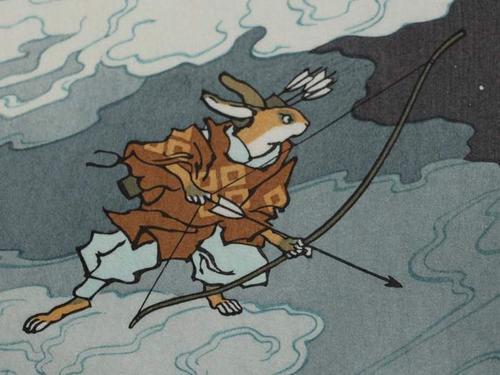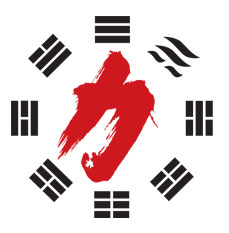
CHRONICLES OF THE DOKA
(#13 in a continuing series of 84 days in the teaching life of a sensei)
Because the curious mind is a growing, thirsting mind I encourage Dharman to ask questions. “If you are going to be my apprentice you must ask me questions.”
Darren dives in. He picks up on a description I had given in class about the famous Japanese swordsman, Tesshu.
“You once told us that Tesshu had developed his sword skill to such a high degree that he could meet skilled challengers without his sword and defeat them with merely a glance. Is it possible that Tesshu no longer needed his body to defeat his challenger’s, that he could direct his spirit alone to achieve victory?
“Tesshu didn’t have a choice to have a body or not have a body. Tesshu was a body, a mind and a spirit. It’s an illusion to think that you can separate mind from body, or body from spirit. Language separates us from things in an attempt to convey ideas but in so doing it misleads us because of that very trait. Language may separate. Reality does not. Sometimes labeling things can stagnate dynamic concepts. This modern mantra of “mind/body/spirit,” we hear so often, it’s all the same substance vibrating at different frequencies. Water is frequently used to describe the link between these three forms of matter. Ice is like our physical body, solid and formed-filled. Water is like our flowing psychic body. Steam is like our spiritual body, light and etheric. Tesshu was uniquely organized in such a way that he could avail himself of higher levels of combat prowess, levels not dependent upon raw muscular power alone. Like most martial masters, he built an additional tier of psychic principles upon his physical foundation. And upon this tier he laid a third plane of metaphysical or spiritual principles. We could surmise that Tesshu was a highly and internally organized swordsman.
It was not his steel blade that gave him the edge. It was his spiritual blade. This hidden blade was so polished that it could cut others without him having to move his corporeal form.
